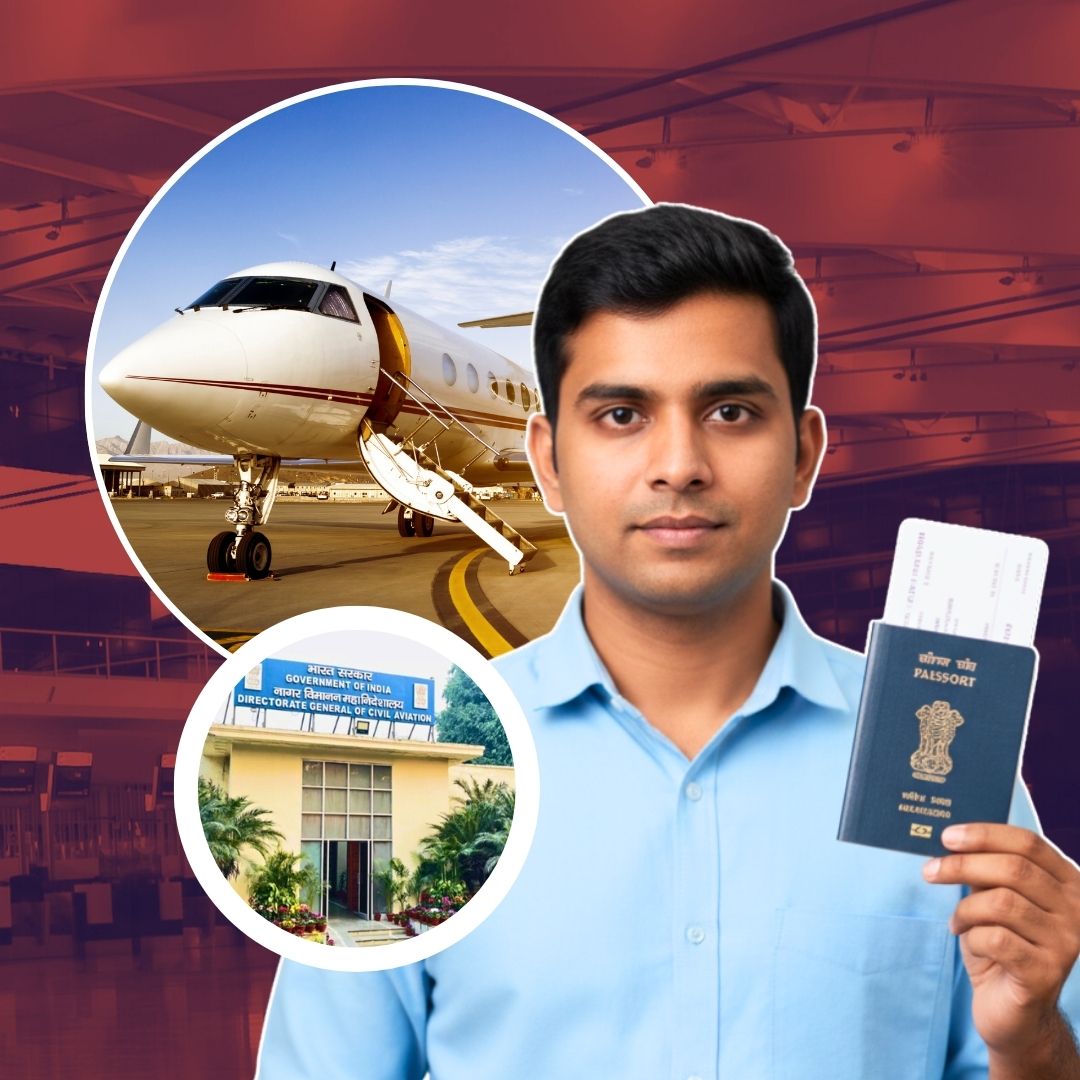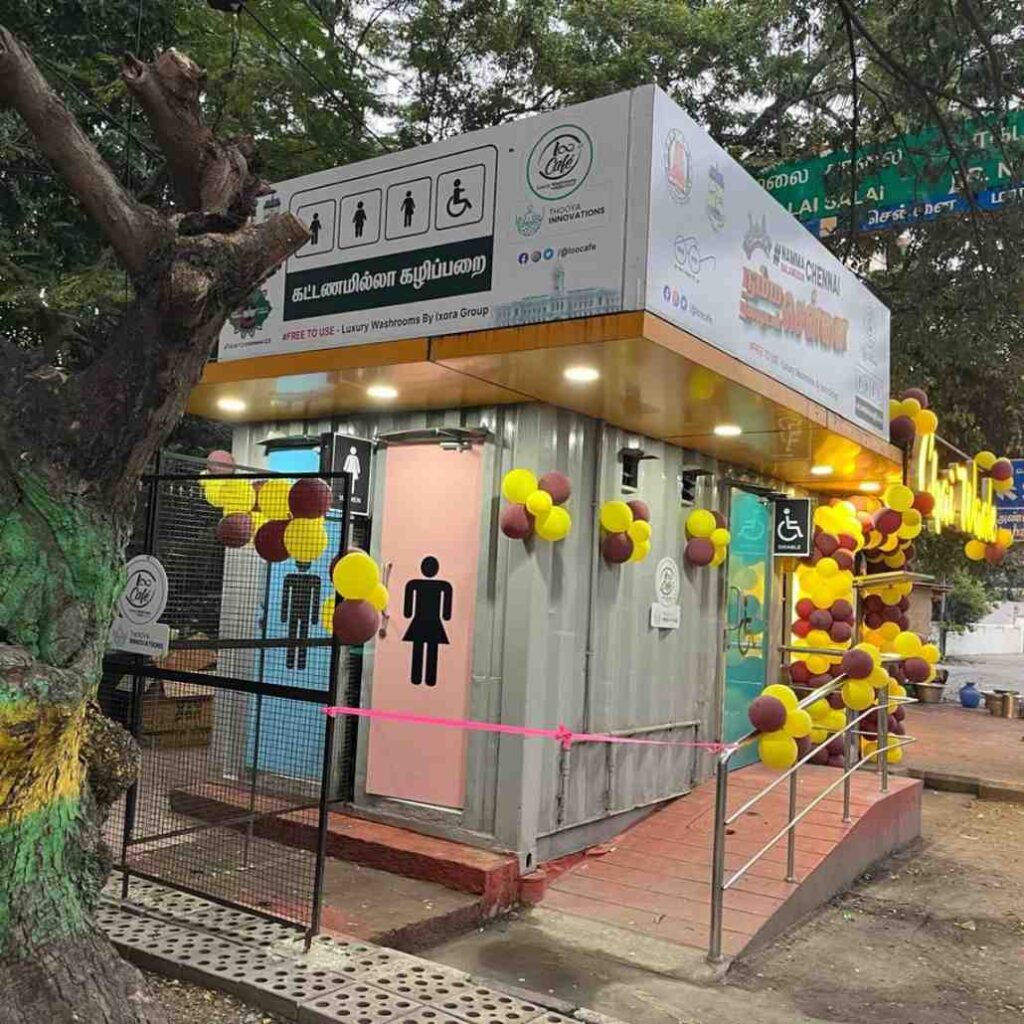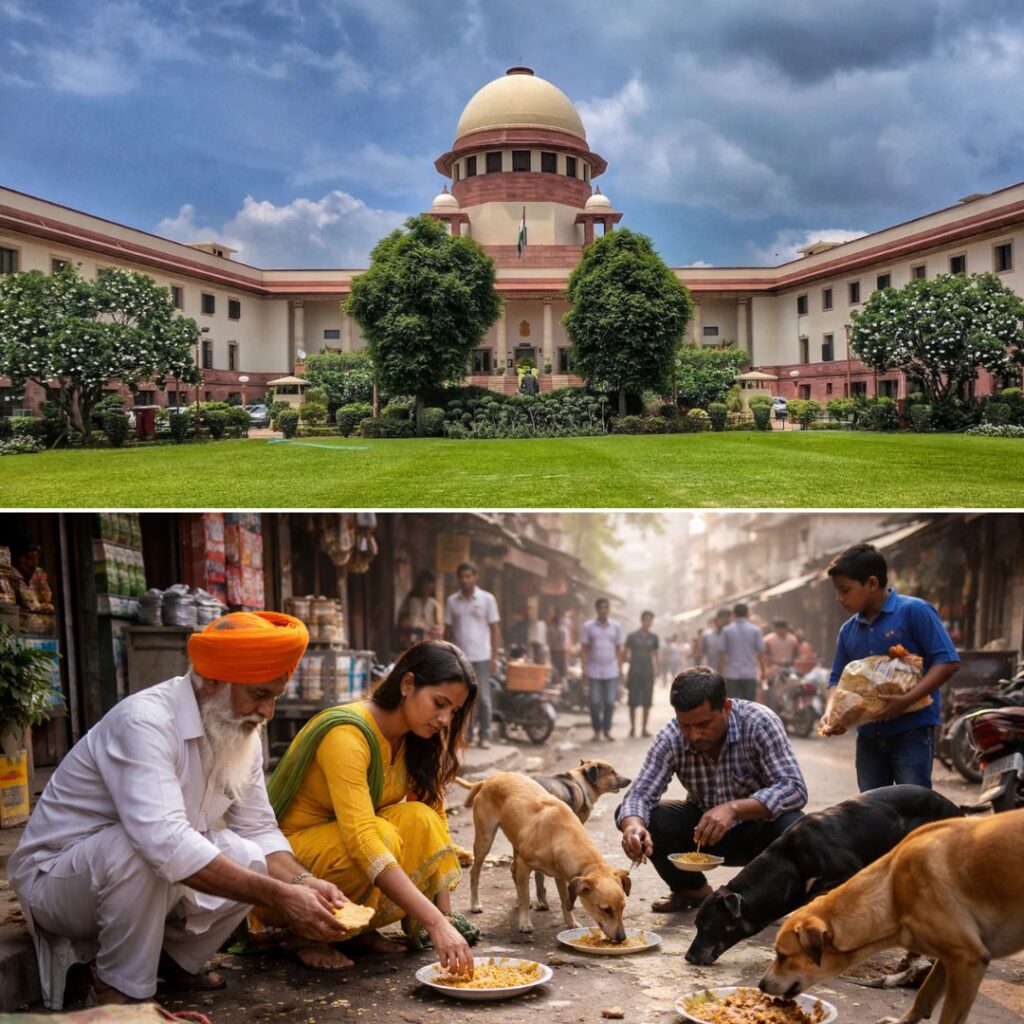The Directorate General of Civil Aviation (DGCA) has proposed major changes to how airlines charge cancellation fees in India.
Under the draft rules, flyers may be allowed to cancel or modify their tickets free of charge within 48 hours of booking, provided the flight departure is at least five days away. This would mark a significant shift from the current steep fee regime imposed by carriers.
At a time when travellers frequently balk at cancellation charges, this reform could offer meaningful relief. But what are the current fees like, how do they impact flyers, and how soon might these reforms take effect? Let’s break it down.
New DGCA Flight Rules
According to the draft regulatory amendments, the DGCA’s key ideas include:
- A 48-hour “look-in” window during which passengers can cancel or amend bookings without paying any additional charge (excluding fare difference) if departure is at least five days away for domestic flights and 15 days for international routes.
- A mandate that refunds be processed within 21 working days, including for bookings made via various channels.
- Full refund of applicable taxes and fees in case of cancellation or non-utilisation of tickets.
- Enhanced transparency: airlines must display cancellation charges clearly at booking, cap maximum cancellation fees, and ban extra “processing” or hidden charges.
If implemented, flyers could enjoy freer flexibility, especially useful given how plans often change. That said, final rules haven’t been formally notified yet, and the exact scope (which fare-types, which flights) remains subject to clarification.
What Are Current Cancellation Fees Like?
By contrast to the proposed relief, cancellation fees today can be quite high. Here are some representative charges on major domestic airlines:
- IndiGo: ₹4,999 if cancelled 3-24 hours before departure; ₹3,999 if more than 24 hours prior.
- SpiceJet: ₹4,275 when cancelled within 96 hours of departure; ₹3,200 if more than 96 hours away.
- Air India (Classic Economy/Premium): ₹3,500 within 72 hours; ₹2,500 when cancelled earlier; Business class flat fee ₹3,500.
- Akasa Air: ₹4,999 if cancelled 24 hours before departure (or 100% of airfare whichever is lower); ₹3,999 if more than 24 hours ahead (or 100% airfare whichever is lower).
What this means: if you book a flight and then need to cancel close to departure, you could lose several thousand rupees easily. For travellers who need flexibility (job changes, health issues, family emergencies) these fees feel punitive.
How Cancellation Fees Hurt Flyers
High cancellation fees can discourage passengers from booking or lead to harsher financial losses when plans change. For example:
- Someone booking for ₹8,000 might lose half or more when cancelling late.
- Fees disproportionately impact those on lower-cost fares or tight budgets.
- It discourages booking earlier (when fare is lower) because late changes cost more.
- Lack of transparency: many flyers don’t know refund rules, hidden fare-differences or cancellation charges before booking.
In short: the current model places the risk squarely on the passenger rather than sharing it with the airline.
Implications of the Proposed Reforms
If the DGCA’s proposal takes effect:
- Passengers enjoy more breathing space (48 hours) to cancel free if departure is several days away.
- Refunds would be faster, and taxes/fees would be returned fully rather than being absorbed.
- Airlines may respond by adjusting fare structures (higher base fares, fewer “discounted” flexible fares) to compensate for lost fee income.
- Transparency would improve: consumers better informed before booking.
For flyers, the change signals a win, but only if airlines and travel agents comply, and if the policy avoids loopholes (for example: exemptions, channels like OTAs).
What Travellers Should Do Right Now
- Always check cancellation fee policy before booking, fare type, booking channel (airline/OTA), timing matter.
- If you anticipate change-risk (job/travel uncertainty) opt for fare-types that explicitly allow free cancellation or refund.
- Book as early as possible, cancellation fees typically increase closer to departure.
- Once reforms roll out, look for that “48-hour free window” and claim it if needed, but always cancel within the stipulated period.
- Save all booking confirmation, fare-rules screenshot, cancellation proof for better claim support.
The Logical Indian’s Perspective
High flight cancellation fees in India have long frustrated travellers. The DGCA’s draft reforms promise a more user-friendly regime: free cancellation within 48 hours, faster refunds, better transparency. For many flyers, this could shift the balance from rigid cost-risk to greater flexibility.
However, the full benefit will depend on timely implementation, clear communication and how airlines adjust behind the scenes. Until then, vigilance at the time of booking remains your best tool.













